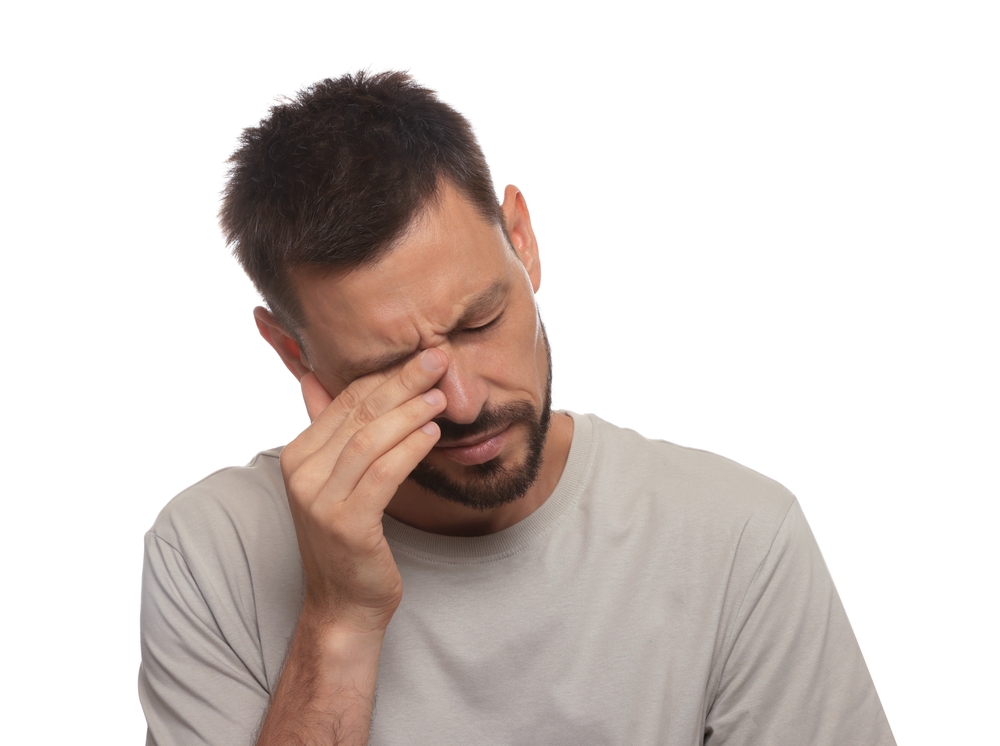
Dry eye is a common condition that occurs when the eyes do not produce enough tears or when the tears evaporate too quickly. It can be caused by a variety of factors, including environmental conditions, certain medications, aging, and underlying health conditions. The symptoms of dry eye can vary from person to person but commonly include a gritty or sandy feeling in the eyes, redness, burning, itching, and blurred vision.
What Causes Dry Eye?
One of the leading causes of dry eye is meibomian gland dysfunction (MGD). The meibomian glands are responsible for producing the oil component of tears, which helps prevent tear evaporation. When these glands become blocked or don't produce enough oil, it can lead to dry eye symptoms. MGD is often associated with inflammation of the eyelids, known as blepharitis, which can further exacerbate dry eye symptoms. If left untreated, MGD can significantly impact the overall health of the eyes.
The Importance of Treating Dry Eye
Treating dry eye is not just about managing discomfort; it is also crucial for maintaining good eye health. When the eyes are not adequately lubricated, it can lead to a range of complications. Chronic dry eye can cause damage to the surface of the eye, leading to corneal abrasions, ulcers, and even vision loss. Additionally, dry eye can increase the risk of developing eye infections, as tears play a vital role in washing away foreign particles and bacteria.
Additionally, dry eye can have a significant impact on daily life. The discomfort and irritation caused by dry eye can make it difficult to perform everyday tasks, such as reading, working on a computer, or driving. It can also lead to decreased productivity and quality of life.
Common Treatments for Dry Eye
There are several common treatments for dry eye, depending on the severity and underlying cause of the condition. Artificial tears, as mentioned earlier, are a widely used treatment option. They provide immediate relief by supplementing the natural tear film. Prescription eye drops can be prescribed to reduce inflammation and improve tear production in more severe cases of dry eye.
For individuals with meibomian gland dysfunction, treatments such as warm compresses, lid hygiene, and meibomian gland expression may be recommended. These techniques help unclog the blocked glands and improve oil flow, ultimately alleviating dry eye symptoms.
If you are experiencing persistent dry eye symptoms, it is essential to consult with an optometrist for a proper diagnosis and treatment plan. During a consultation, your optometrist will perform a comprehensive eye examination, including tests to measure tear production, evaluate the health of your meibomian glands, and assess the overall condition of your eyes. Based on the findings, they will develop a personalized treatment plan tailored to your specific needs.
Schedule Your Dry Eye Evaluation with Advanced Eye Care and Optical Today
Dry eye is a common and often uncomfortable condition that can significantly impact your eye health and quality of life. Understanding the causes and symptoms of dry eye is the first step towards effective treatment. Prioritize your eye health and seek professional help to manage dry eye effectively. By doing so, you can alleviate discomfort, improve your vision, and enhance your overall well-being.
Call our optometrist to schedule a consultation and take the first step towards healthier eyes today, visit Advanced Eye Care and Optical at our office in Jacksonville, Florida. Please call (904) 996-1533 to discuss dry eye treatment options or to book an appointment.








